Understanding Skeleton Trucks: An Overview
Skeleton trucks, also known as skeletal trailers, are vital components in the logistics and transportation sector. Designed primarily for the transport of containerized cargo, these trailers ensure effective loading and unloading processes. Their design minimizes weight while maximizing structural integrity, which is crucial for road transport. This article delves deep into the various aspects of skeleton trucks, including their construction, various types, applications, advantages, and best practices for maintenance.
What is a Skeleton Truck?
Skeleton trucks feature a minimalist frame with no sides or roof compared to conventional trailers. Their structure is primarily made of high-strength steel, offering a robust yet lightweight solution for carrying intermodal containers.
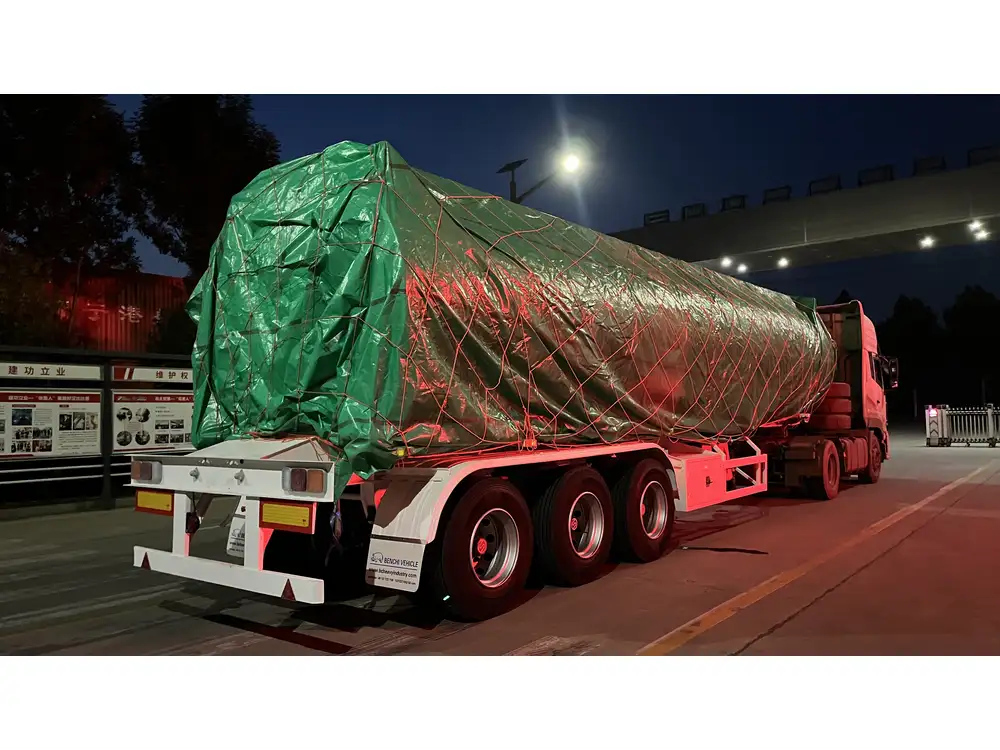
Key Features of Skeleton Trucks
- Lightweight Design: The absence of sides and roofs reduces the overall weight, allowing for increased payload capacity.
- Modularity: Skeleton trucks can accommodate different container sizes, typically 20ft and 40ft.
- Durability: Constructed from high-tensile steel, they are designed to withstand the rigors of heavy-duty transport.
- Versatility: Capable of transporting various types of cargo, not just standard shipping containers.
Types of Skeleton Trucks
Skeleton trucks come in multiple variants to cater to different operational requirements. Here’s a breakdown of the types:
| Type | Description | Ideal Use |
|---|---|---|
| Standard Skeleton Truck | Basic model that supports one or two containers, ideal for typical logistic routes. | General cargo transport |
| Extendable Skeleton Truck | Adjustable length to accommodate varying container sizes, providing flexibility. | Diverse load requirements |
| Chassis Skeleton Truck | A base chassis designed for quick attachment of different containers. | Freight forwarders and shipping lines |
| Multi-Container Skeleton Truck | Capable of carrying multiple containers simultaneously. | High-volume operations |
Advantages of Using Skeleton Trucks
Using skeleton trucks offers numerous benefits that can help businesses optimize their transport operations.
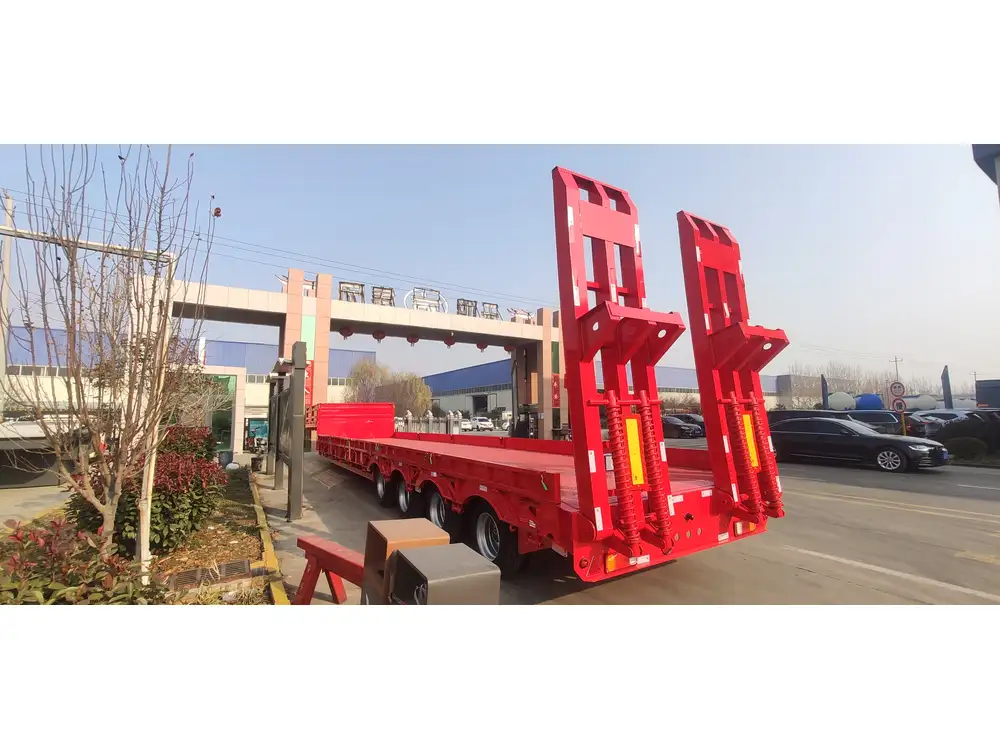
1. Enhanced Cargo Capacity
- Higher Payloads: Skeleton trucks maximize payload capacity due to their lightweight nature, leading to improved profitability.
- Efficient Space Utilization: Ability to stack containers directly onto the chassis facilitates better space utilization both on the truck and in storage facilities.
2. Cost-Effectiveness
- Reduced Fuel Consumption: Because they are lighter than traditional trailers, skeleton trucks can lead to lower fuel costs and reduced carbon emissions.
- Lower Manufacturing Costs: The simplistic design requires fewer materials, reducing initial purchase expenses.
3. Greater Flexibility
- Adaptable to Various Operations: These trucks can be customized to fit various transportation needs, making them a favorite among logistics companies.
- Quick Turnaround: The ability to load and unload containers swiftly can significantly reduce handling time at ports and service centers.
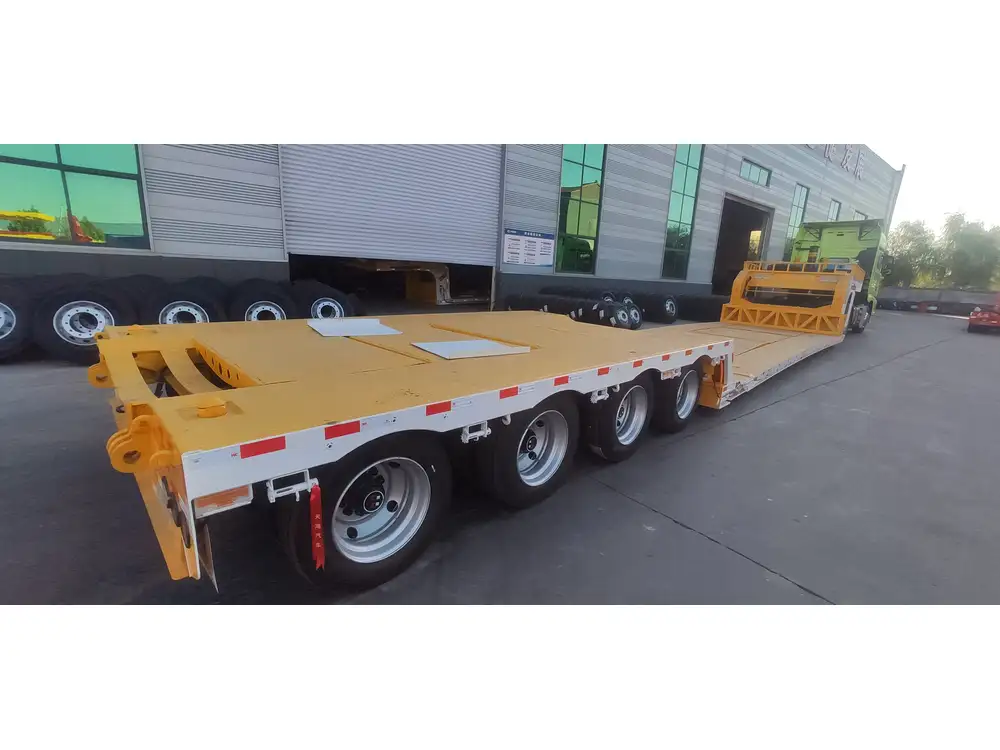
4. Sustainability Benefits
- Eco-Friendly Operations: Skeleton trucks contribute to lower emissions, aligning with the growing trend towards sustainability in logistics.
Best Practices for Maintaining Skeleton Trucks
To ensure that skeleton trucks operate at peak efficiency, regular maintenance and adherence to best practices are essential.
Routine Inspection Checklist
| Component | Inspection Frequency | Checklist Items |
|---|---|---|
| Brakes | Monthly | Check pads, discs, and hydraulic system |
| Tires | Bi-monthly | Inspect tread depth and inflation levels |
| Lights | Monthly | Ensure all lights are operational |
| Chassis | Quarterly | Look for cracks or signs of excessive wear |
| Suspension | Annually | Inspect for alignment and wear |

Recommended Maintenance Tips
- Regular Lubrication: Ensure moving parts are lubricated to prevent wear and tear.
- Load Distribution: Always load containers evenly to maintain stability and protect the chassis.
- Professional Servicing: Schedule regular professional servicing to catch issues before they become major repairs.
Regulatory Compliance and Certification
Using skeleton trucks involves strict adherence to various industry regulations. Here’s what to keep in mind to ensure compliance:
1. Weight Regulations
Skeleton trucks must conform to national and regional weight regulations. Overloading can result in hefty fines and increased wear on the vehicle.
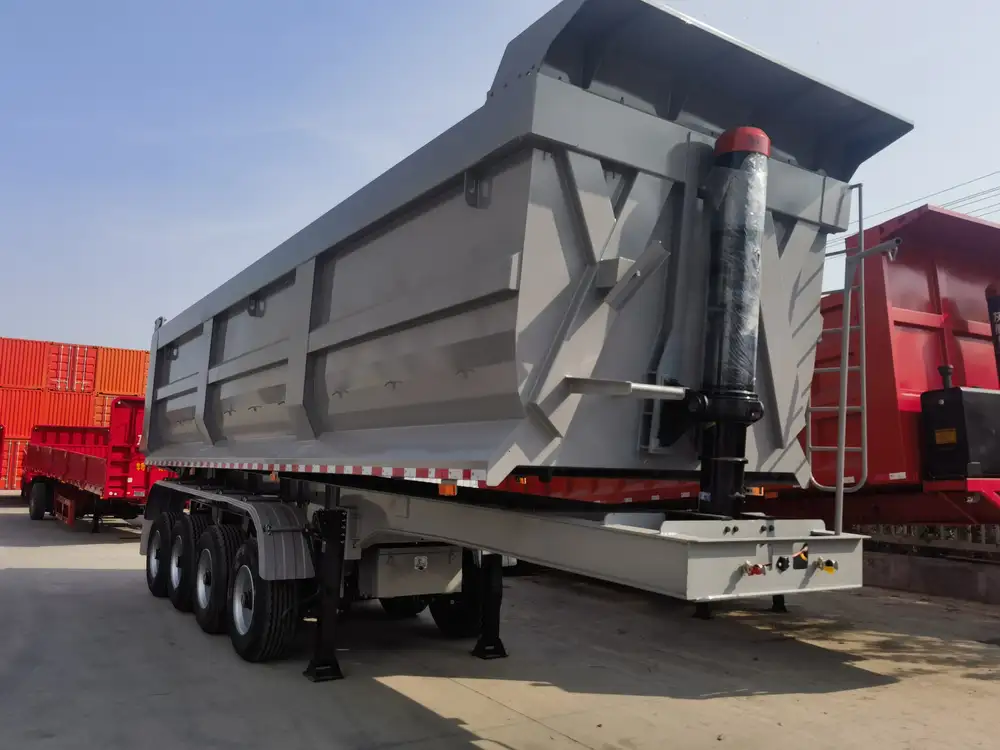
2. Safety Standards
Compliance with safety standards set forth by the Department of Transportation (DOT) is crucial. This includes regular inspections and certifications for transport vehicles.
Conclusion: Skeleton Trucks as a Logistics Solution
Deploying skeleton trucks can significantly enhance operational efficiency in the transportation sector, accommodating various logistics needs while ensuring cost-effectiveness and sustainability. Their unique design minimizes weight without compromising structural integrity, enabling businesses to maximize payloads and reduce emissions. As the logistics landscape continues to evolve, investing in skeleton trucks represents a forward-thinking strategy essential for staying competitive.
Frequently Asked Questions (FAQs)
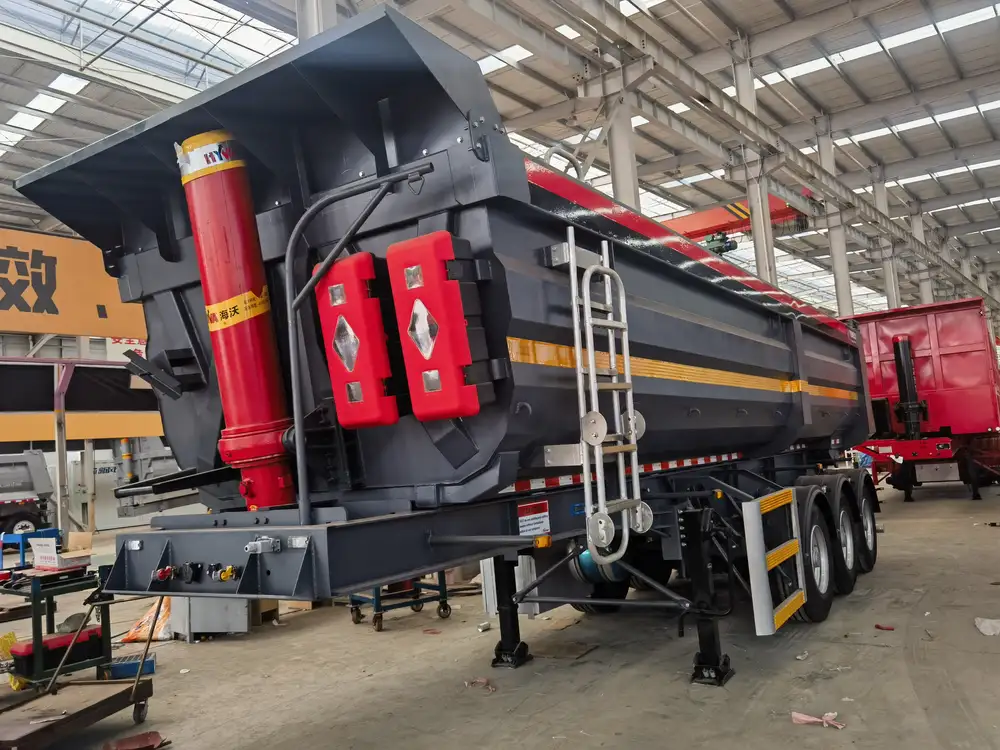
1. What is the primary difference between a skeleton truck and a flatbed trailer?
The primary difference lies in the design; skeleton trucks are specifically built to carry containers with a minimalist frame, while flatbed trailers can carry a variety of heavy and oversized cargo.
2. Can skeleton trucks be used for transporting non-containerized goods?
Yes, while they are optimized for container transport, skeleton trucks can also carry non-containerized goods if properly secured.
3. How often should skeleton trucks be serviced?
It is recommended to conduct regular inspections at least once a month, with more comprehensive servicing annually.
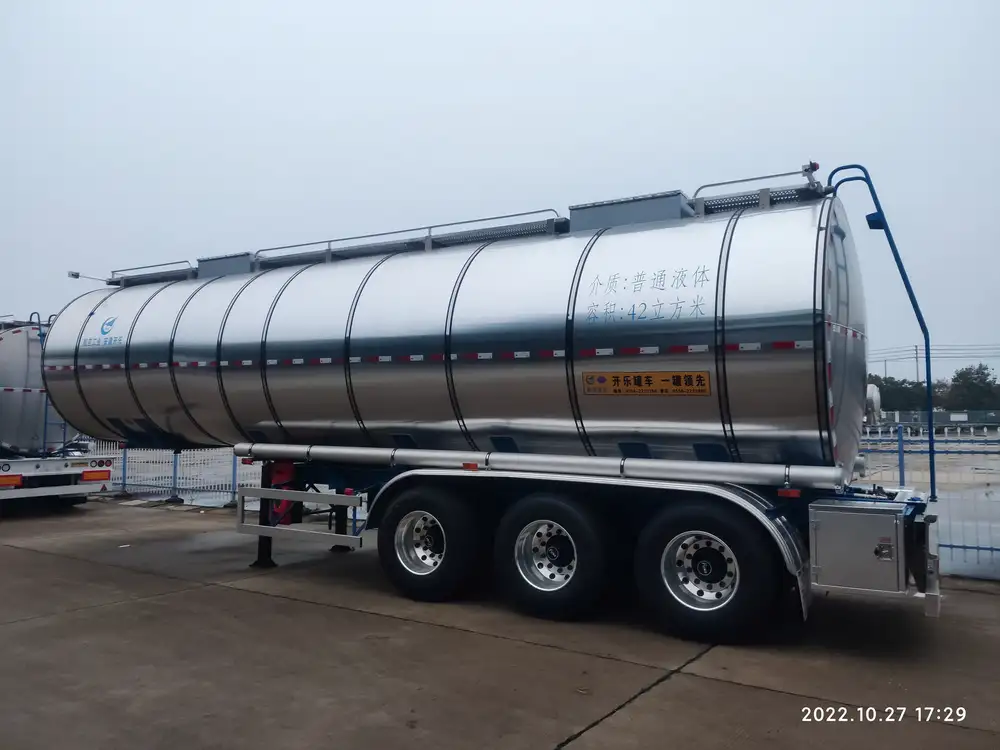
4. What is the maximum load capacity of a skeleton truck?
The load capacity can vary depending on the model and configuration but typically ranges from 30,000 to 50,000 pounds.
The Future of Skeleton Trucks in Transportation
As the transportation industry continues to evolve with technology and innovation, skeleton trucks are set to play a crucial role in shaping logistics solutions. Incorporating advanced materials, automation, and improved design can enhance their functionality and efficiency further. These advancements will not only provide businesses with superior transport solutions but also contribute to greener and more sustainable practices across the industry.
By adopting skeleton trucks, manufacturers, and logistics companies can position themselves at the forefront of a rapidly changing market, ensuring they meet both current demands and future challenges with agility and efficiency. This comprehensive understanding of skeleton trucks lays a foundation for both operational success and environmental responsibility—two critical pillars in today’s logistics landscape.



